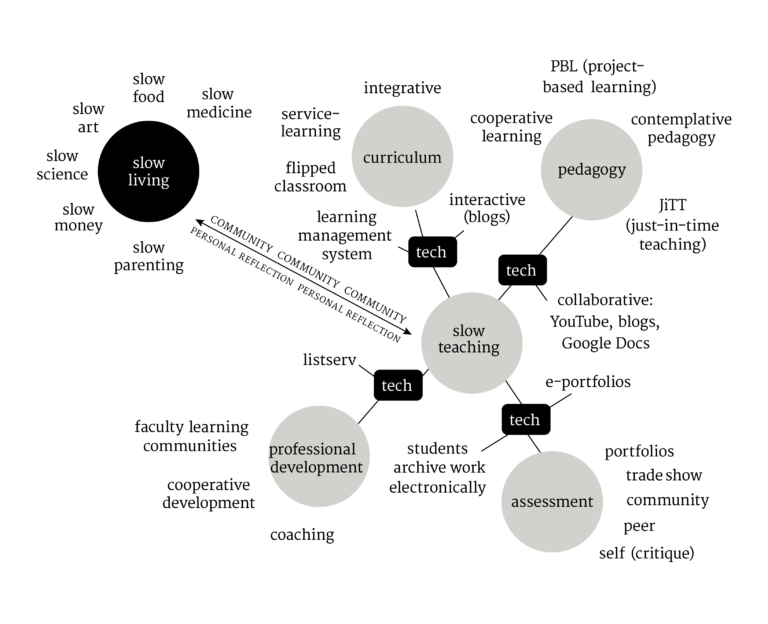Connecting with your field
 You are an ambassador for your discipline.
You are an ambassador for your discipline.
Imagine that you can put aside every external constraint when teaching your class: school and departmental requirements, considerations of technology, classroom seating, student prior knowledge and your own busy schedule. Forget. All. About. That.
What if you could present a course like you were pitching a movie script to a Hollywood studio? Why would someone be interested in your course? Why would anyone be interested in your subject?
Every time you meet with students or have public presentations is a chance for you to champion the importance of your area of study. How many students take one class as an elective and later decide to change majors?
Those who are unacquainted with your subject may have outdated and incomplete ideas about current trends in your field. Similarly, they may not be aware of how your discipline has contributed to our current understandings and practices over time.
Amy Cooper is an instructor of Accounting with UAF’s School of Management. She uses the historical example of Frank Wilson’s work with the Internal Revenue Service. It was Wilson’s accounting scrutiny that finally brought the notorious Al Capone to justice on charges of tax evasion in 1931. Cooper says that these kinds of examples are of interest to the general public but also to intermediate undergraduates who might be looking for a specialty within the field.
Another point of interest to the general public or introductory student can be local practitioners of your subject. Many buildings on campus will bear the names of important alums or faculty researchers. Explaining what that person’s contribution to your field and community can garner interest and serves to communicate the importance of the subject. Many emeritus faculty are happy to share their historical perspective on the changes in their subject area.
Highlighting unusual (in addition to covering typical) employment opportunities available to degree holders in your subject can at least get some to consider your field for further study. In June 2015 Forbestech.com covered a story of the growing need for liberal arts majors in the tech industry.
Once students have made a commitment to major in your area, their motivations tend to be more focused. They may be interested in possible internships on research projects or summer field work. They might be concerned about doing well on qualifying exams, and most students who pursue work or additional education will be interested in written recommendations. Adhering to any criteria you develop can be a motivation for success in itself. And customizing lessons in preparation of employment opportunities in areas related to your class will benefit your students.
Bringing the topics of trending research and scholarly debate into the classroom can also be engaging. Giving students a chance to investigate what is being studied now in your field can give them insight and a chance to develop their own skills. You can expose students to topical issues by directing them to journal articles, inviting guest speakers, or hosting debates showcasing different schools of thought among other activities.
Resources
- Anders, G. That ‘useless’ liberal arts degree has become tech’s hottest ticket. (2015). Forbes. July 29, 2015.
- Al Capone. (n.d.) Retrieved from https://en.wikipedia.org/wiki/Al_Capone/.
Download this Teaching Tip (PDF)




[…] https://ctl.uaf.edu/connecting-with-your-field/ […]